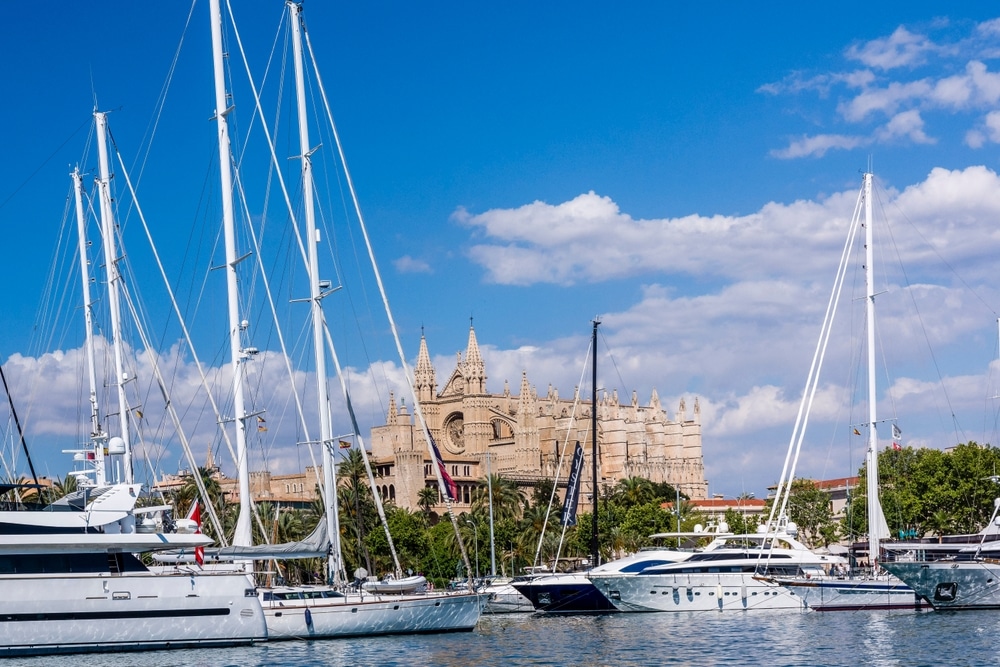Tourism is a linchpin in Spain’s economic framework, infusing billions of euros into the national economy and providing livelihoods for countless communities. However, as the country becomes a favored destination for travelers worldwide, it faces a complex dilemma: how to preserve its rich cultural heritage amid the pressures of rising tourist numbers—an issue popularly termed overtourism.
The Challenges of Overtourism
Overtourism manifests starkly in popular locales such as Mallorca, where the repercussions are increasingly evident. Residents have begun vocalizing their concerns through open letters addressing foreign property investors, expressing a collective sentiment: “You are not welcome.” This sentiment reflects a deep-seated worry that the charm of local life is being overshadowed by an ever-expanding influx of short-term rentals and tourist-focused hotels. Additionally, tourists often bypass local customs and lifestyles, creating friction between visitors and the native populace.
Palma’s Response: Implementing Restrictions
In a proactive move to counteract these issues, Palma, Mallorca’s capital, has introduced stringent regulations on short-term tourist accommodations. Mayor Jamie Martínez Llabrés has enforced a moratorium on new permits for holiday rentals and hostels, signaling a firm stance against unchecked growth in this sector. This ban not only halts the issuance of new licenses but also prevents existing accommodations from simply replacing any canceled licenses, effectively limiting available lodging options.
Furthermore, Palma aims to eradicate the nuisance of “party boats” from its picturesque port, responding to community grievances about noise pollution and fostering a broader discourse surrounding the impacts of mass tourism on local lifestyles.
Emphasizing Sustainable Tourism
Palma’s shift is not just a reactionary measure; it underscores a strategic initiative aimed at appealing to visitors who prioritize sustainability and enriching experiences over sheer volume. By moving away from the boisterous party scene typical of places like Ibiza, Palma aspires to attract a more conscientious tourist demographic.
Remarkably, this recalibration appears to be paying off. While a slight decline in overall tourist numbers has occurred, consumer spending has actually seen an increase. Interestingly, lower-rated accommodations are struggling, whereas higher-rated hotels are thriving—an encouraging sign for communities striving to mitigate the challenges posed by overtourism.
National Measures to Combat Overtourism
Palma’s efforts mirror a wider national initiative in Spain aimed at addressing the negative impacts of overtourism. The government has implemented regulations mandating property owners to register their vacation rentals, with unregistered listings facing removal from the market. This proactive approach has led to the elimination of tens of thousands of illegal rentals, demonstrating a strong commitment to effectively managing tourism’s effects on local communities.
Cultivating Responsible Tourism
Future visitors should look forward to exploring the breathtaking Balearic Islands while fostering a balanced relationship with local communities. Engaging in responsible tourism practices—such as discovering lesser-known locales, respecting local cultures, and supporting eco-friendly businesses—can enrich the travel experience and alleviate some of the stresses tourism places on local environments.
Conclusion
The measures taken by Palma and other regions across Spain highlight a significant transformation in the tourism sector. By emphasizing sustainability and experience quality over mere visitor numbers, local governments are striving to protect the cultural assets that originally draw tourists while enhancing the quality of life for residents. Travelers have the opportunity to contribute positively to this evolution by being mindful of their impact and adopting practices that promote harmony between tourists and the communities they visit.





























